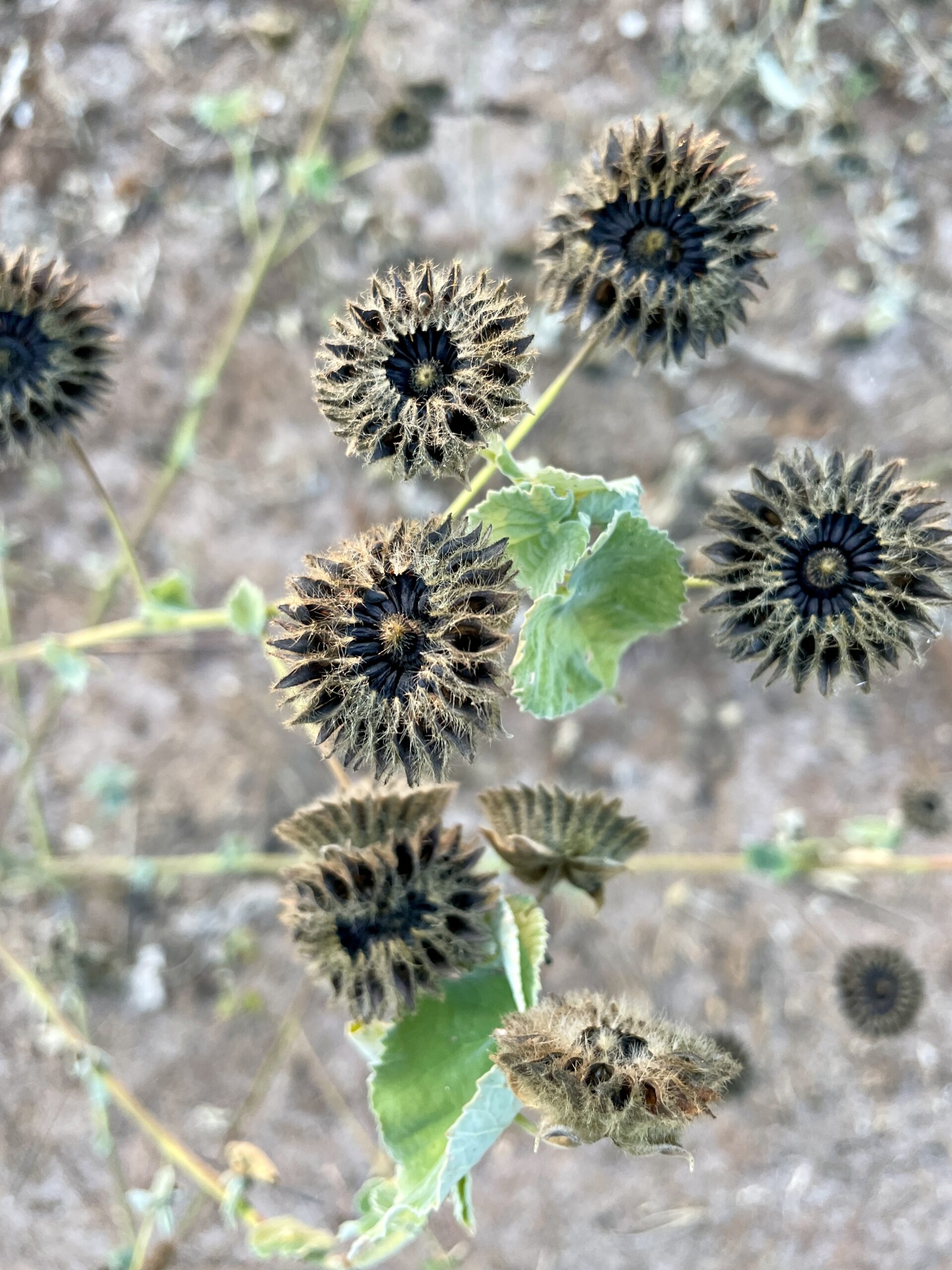
Research
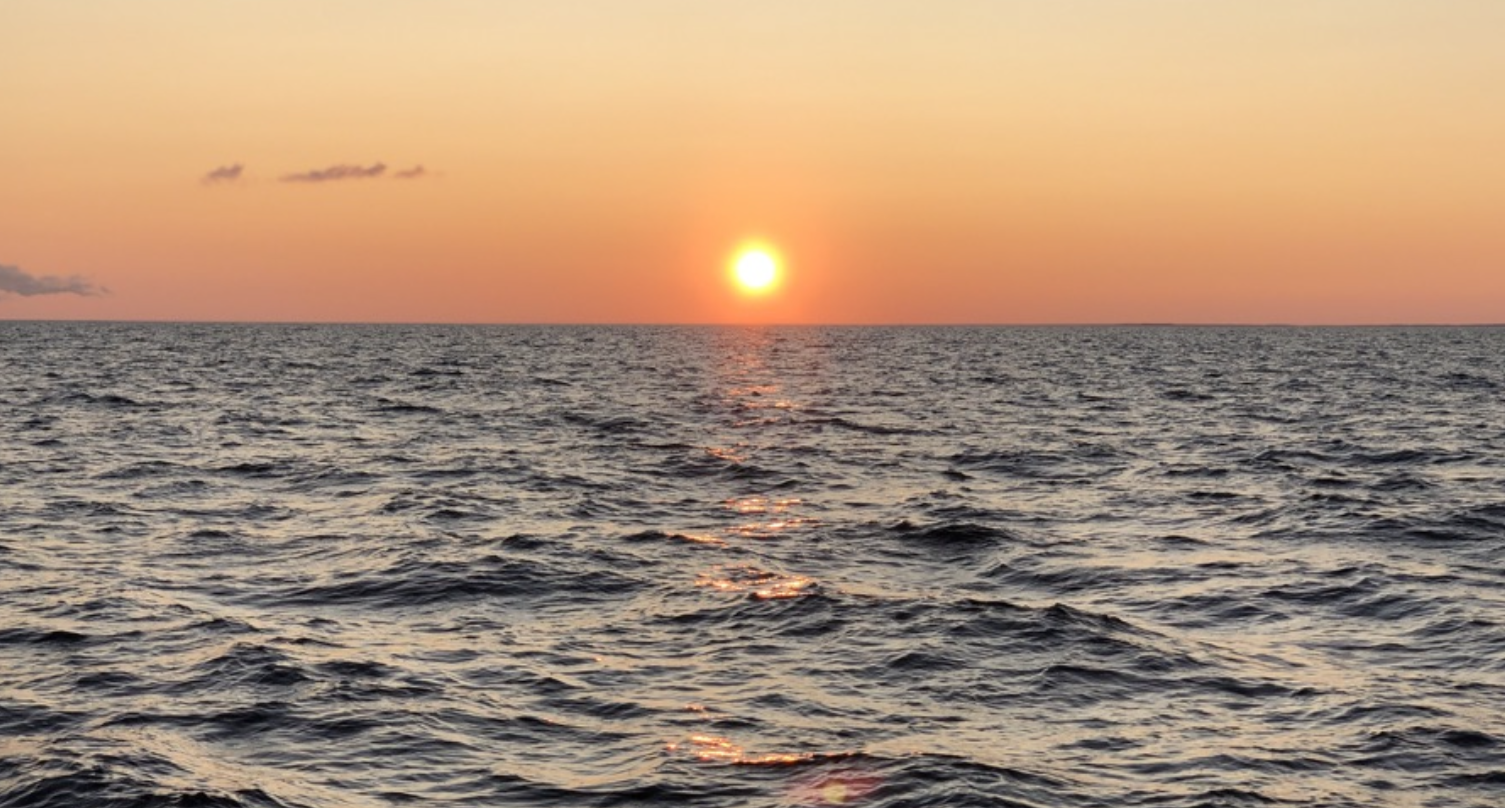

2019-2024
Integrating an outlook of exploration in learning
From 2015 to 2017, I had the privilege of teaching at a project-based environmental charter school—a setting that encouraged greater creativity than traditional classrooms. In the summer of 2016, I was inspired to create a growth-based and nature inspired assessment framework, and a badge system that helped describe and formalize some of the aspects of learning culture we wanted to cultivate, such as curiosity, observation and grit. My goal was to infuse a sense of adventure into learning, complementing the school’s rich field experiences. Simultaneously, I was introduced to the Learning Framework by National Geographic Education, and I saw many similarities with what I was aiming to foster and integrate.
In 2018 my interest in the National Geographic Explorer Mindset led me to apply for and receive a Level 1 grant from NGS to develop a web tool that helps students think about how an Explorer Mindset applies to their learning process, and thus www.explorermindset.org was born. Initial results in my classroom showed a positive impact on student feelings of empowerment and engagement. I was compelled to investigate if this was unique to my own enthusiasm, or if a similar impact would be found with others. In 2019 I began a masters degree program that would allow me to conduct formal research, and in 2020 I received a Level 2 grant to create uniform resources for the study through an app. In 2021-22 the app and study were launched while I also gathered research in cognitive and neuroevolutionary sciences. Results are published in the International Journal of Education Research Open.
2022-2025
Additional Research
Outdoor Learning
Our National Geographic Society Meridian team worked with educators to integrate outdoor learning into secondary science classes and analyze impact. More information can be found on the Nature Ambassadors Instagram page: @nature_ambassadors_tz
Microplastics
I developed a youth empowerment workshop (Y.E.S. Youth Empowerment Summit) for middle school students using the protocol from the Rozalia Project to detect microfibers in water samples. Through collecting their own samples and analyzing their data, students grew research skills and the experience was designed to foster agency.
eDNA
On a collaborative expedition between National Geographic Society and Ocean Exploration Trust, I did education outreach and coordinated the eDNA collection and analysis from our team. We followed a protocol by University of Hawaiʻi at Mānoa, and their lab analyzed the samples, detecting three additional sharks for our survey which primarily used BRUVs.
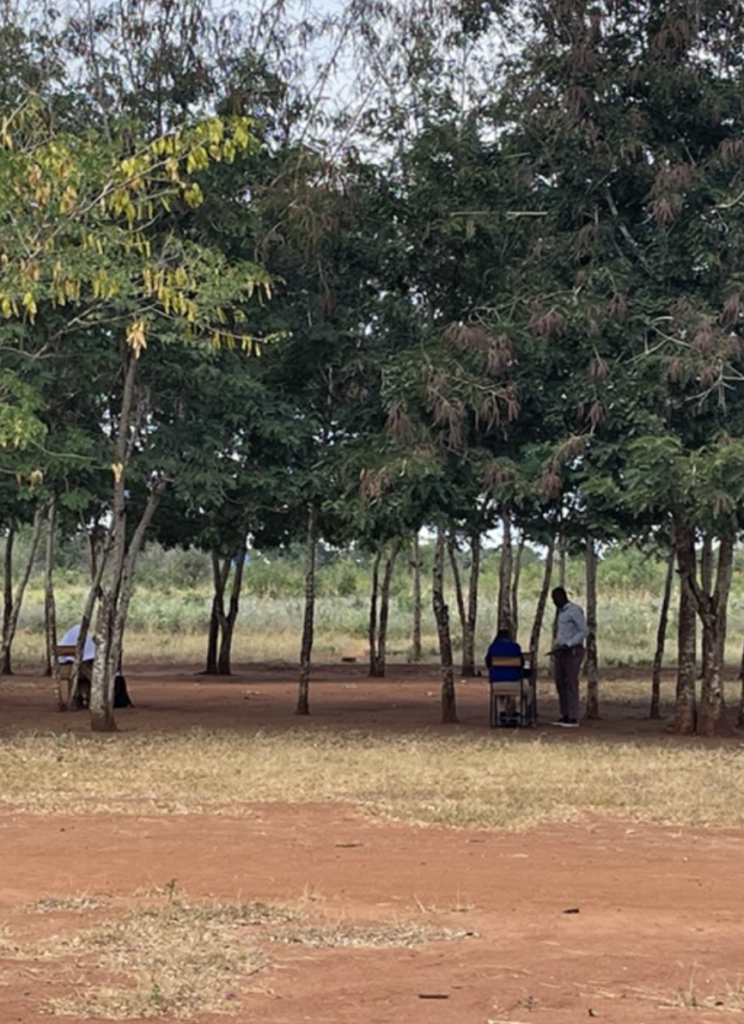
Students taking surveys
Nature Ambassadors, Tanzania
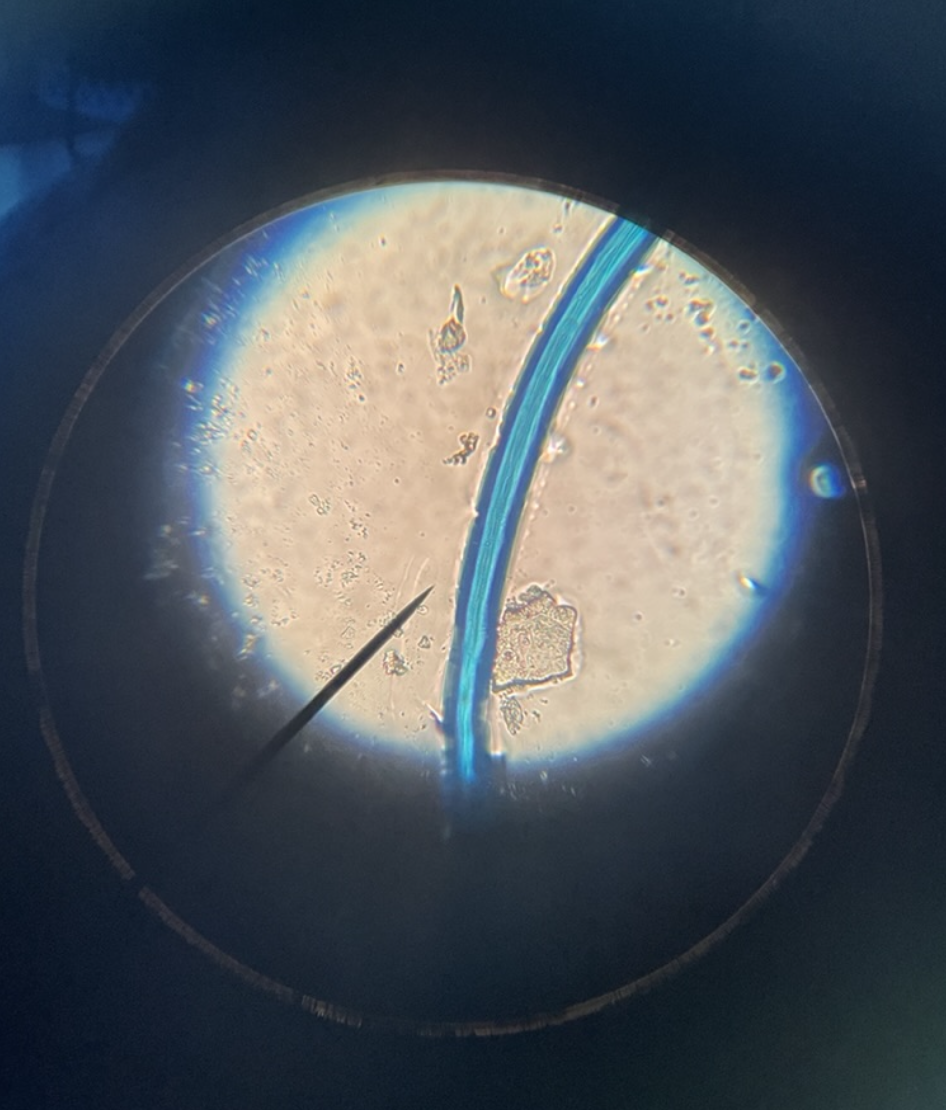
Microfiber found
Youth Empowerment Summit, Edinburg, TX
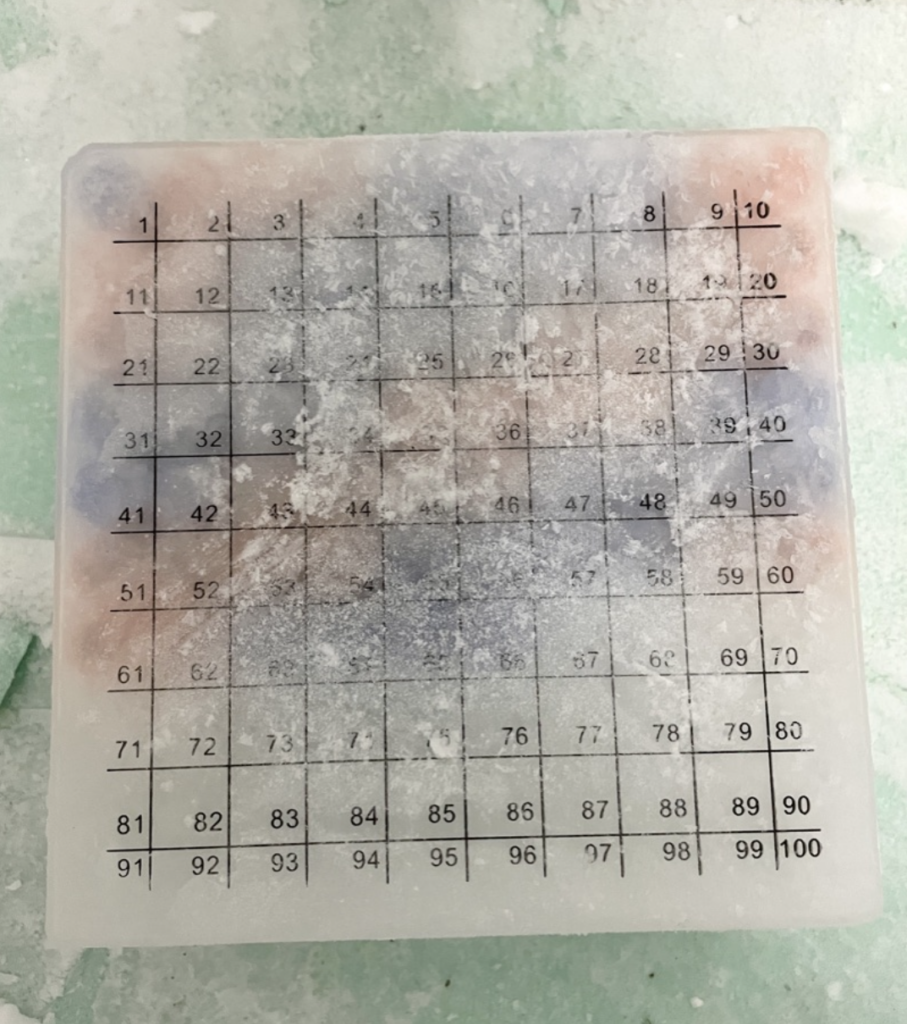
Ready for DNA analysis
Shark Conservation, OET & NGS Project, Hawaiʻi
2025 and Beyond
Future Research
Recognizing that the most impactful research may still lie ahead (and might be something I have yet to think of!), I plan to continue focusing on youth empowerment. More specifically, I would like to examine the role of shame in traditional assessments and develop nature-inspired, place-based, and growth-focused learning frameworks that provide alternatives. Additionally, I’m eager to expand my research regarding exploration as an outlook in learning and continue participating in microplastics and environmental DNA (eDNA) research, striving to find avenues for more community and youth engagement with these protocols.
To raise new questions, new possibilities, to regard old problems from a new angle, requires creative imagination and marks real advance in science.
Albert Einstein